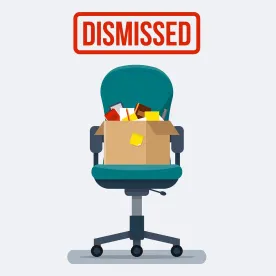Recent layoffs at several high profile companies, and the putative class actions filed in their wake, highlight the importance of legal compliance when making and effecting these difficult decisions.
A patchwork of laws at both the federal and state level requiring advance notice of layoffs and closures to employees and state and local government officials may be implicated. This includes the federal Worker Adjustment and Retraining Notification Act (“WARN”) and state-counter parts (often called “mini-WARN” acts).
Determining whether the WARN Act will apply involves first analyzing both the number and type of employees an employer has (i.e., full-time or part-time, as defined in the statute). Covered employers must then determine if WARN’s notice requirements are triggered, which may happen when closing facilities or conducting mass layoffs. If WARN does apply, the employer must provide 60 days advance notice to the union representative (if applicable), the employee, and state and local government officials, unless an exception applies that will shorten the period. Violations are subject to back-pay damages, attorneys fees and civil penalties. Most state mini-WARN include similar provisions, though the triggering thresholds are often lower.
Navigating these requirements is key for ensuring legal compliance and minimizing exposure to legal claims, including claims that are ripe for class treatment. Employers should consult with legal counsel early to best address any WARN implications.



 />i
/>i

